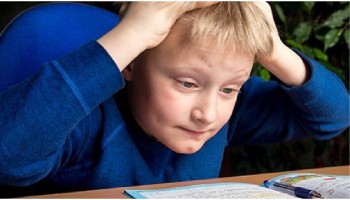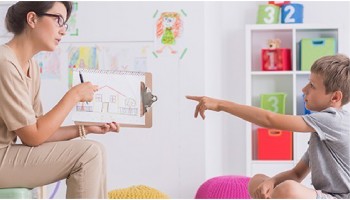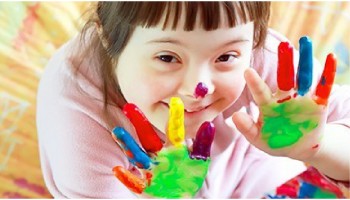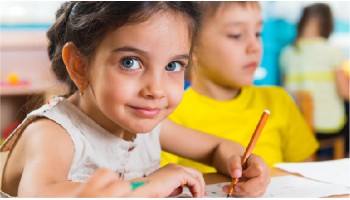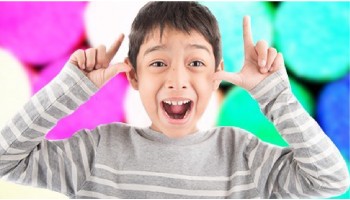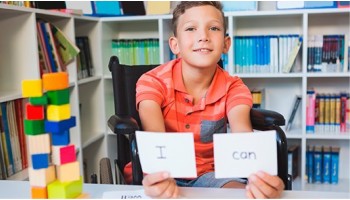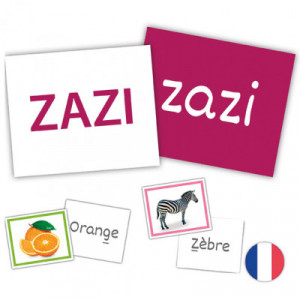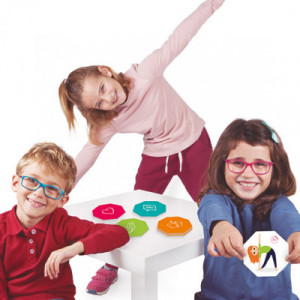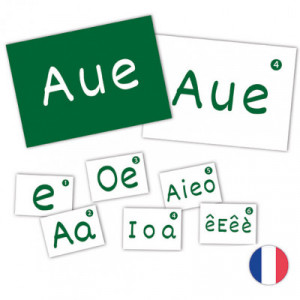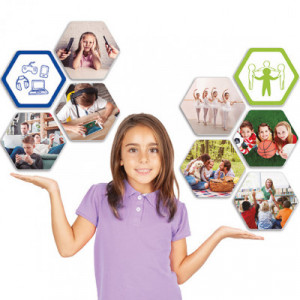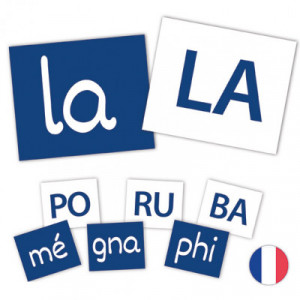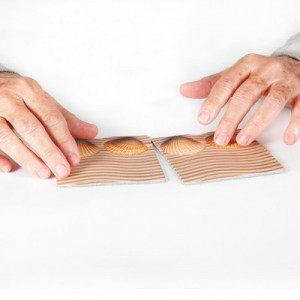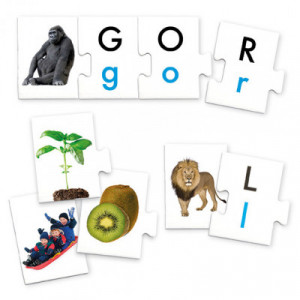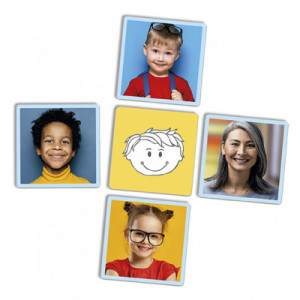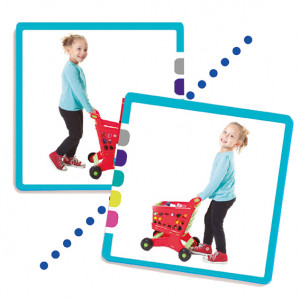Games for Special Needs
If you are looking for games, school supplies or gifts for children with special needs, choose the area that best suits your needs and find solutions to work at home, at school or in your practice.
We are specialists in games aimed at children with different disorders: attention deficit, autism spectrum disorders or learning disabilities such as dyslexia. We also have games for children with different disabilities: intellectual, visual, auditory, or motor.
Playing is a right of all children, and having the right game allows them to enjoy learning.

Logo-bits cards with all the consonant clusters for improving pronunciation according...
Lecto-bits de syllabes simples pour soutenir la parole et améliorer la lecture
Logo-bits de capacité articulatoire pour corriger la prononciation selon le point...
Discover games for children with special needs
Play allows children with special needs, whose potential we don't really know, to develop and expand their abilities. Play is one of the ways that children from infancy use to explore the outside world and interpersonal relationships, develop motor and cognitive skills, experience roles and act creatively.
It is clear that recreational activities perform the same functions for children with disabilities. For this reason, it is harmful and misleading to play with children for therapeutic purposes only, because play is a spontaneous activity to which all children are entitled.
We want to offer parents and educators innovative and quality products with simple and functional design that allow them to enjoy their leisure time with the most special children. Thus, Akros has developed a range of products that can bring specific benefits to children with special needs or learning difficulties, taking into account their real needs and ensuring that these are enjoyable activities that do not undermine the child's right to fun.
When we think of toys, we must assume that all children are unique and each has their own individual tastes, and some children have even more specific needs. Akros is committed to providing products that add value to the child, using play to stimulate specific areas (motor, sensory, cognitive, language and communication).
Whether played in a group, with parents or with the educator, the games offer children with special needs the opportunity to discover what they are capable of while having fun.
How to play with children with special abilities
Play, as well as communication, is an intrinsic need of children, and cannot be transformed into a mere act of rehabilitation in which factors such as spontaneity and genuine fun are not taken into account.
This underlying problem can be (partially or totally) solved by structuring the play environment to avoid the obstacles posed by the child's specific disability: in this way, we can offer them greater autonomy and greater freedom of play.
For example, with regard to the role of the child and other participants (children or adults) in the activity, it will be established that they can play a complementary role in activities that the child cannot do independently.
In general, when choosing a toy, it is important to take into account the child's chronological age and stage of development, as well as personal preferences and interests. The degree of autonomy and fun a toy offers to children is as important as its educational value.

